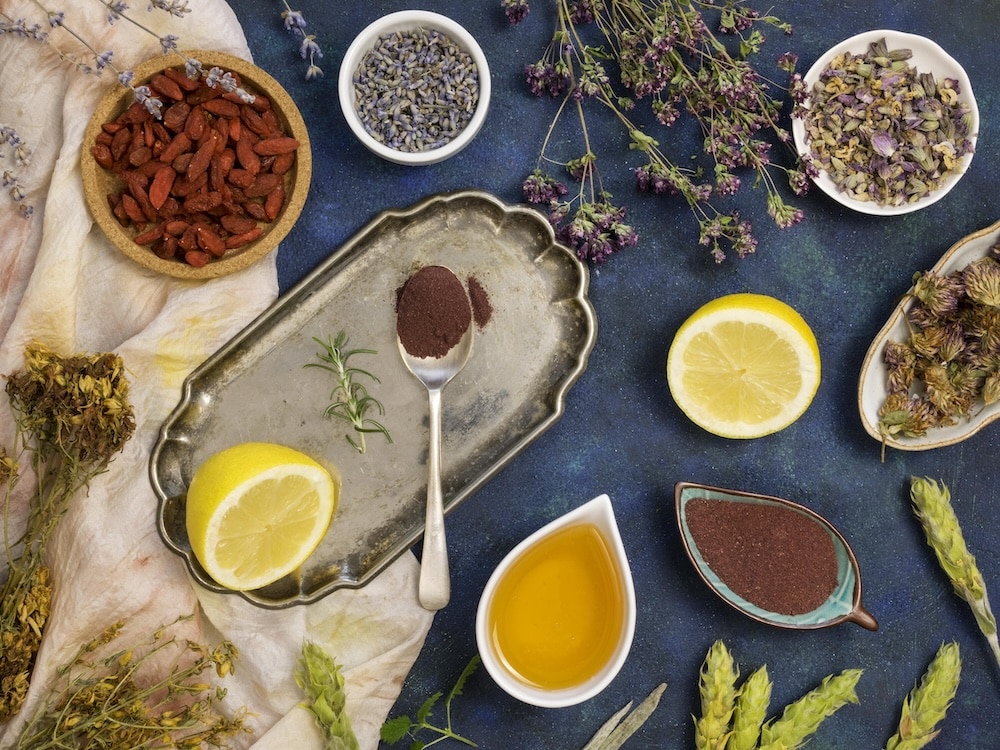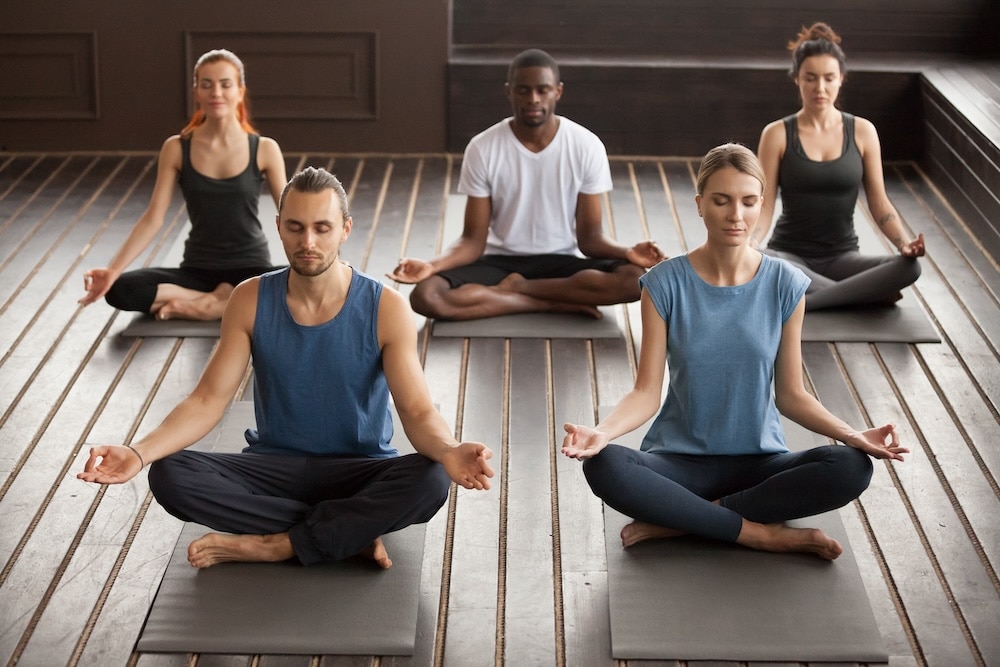Treating Addiction Using Eastern Medicine
It’s the 21st century and humankind has vanquished numerous domains, including space. Incidentally, it is yet to find an effective ‘remedy’ for an earth-bound illness—compulsion. That is the reason clinicians are as yet looking beyond regular medication for addiction treatment and solutions.
One region they’re scrutinizing is Asia, where Eastern medicine began. The current version combines contemporary and ancient efforts to explain addiction issues. Some addiction treatments used were religious rituals, oriental exercise, herbal inventions, faith healing, palm reading, past life regression, touch therapy, meridian-based therapies, black magic, and the magical arts.
What is Eastern Medicine?
The International Journal of Health Sciences defines Eastern medicine as the practice of balancing the essential life energy or qi (pronounced “chi”) to heal the sick. When this vital life source is in balance, the body’s innate healing capabilities remain intact. Despite originating from ancestral practices and its efficacy not sufficiently backed by scientific studies, this approach has few side effects. Thus, many addicts who have unsuccessfully used allopathic methods prefer it as a mode of treatment.
Learn about combining alternative and conventional therapy in our holistic rehab programs.
Its Modalities
The National Center for Complementary and Integrative Health’s list includes:
-
Dietary therapy
-
Herbal medicine
-
Acupuncture—using needles to release blocked energy
-
Reflexology—application of pressure to specific points on the feet and hands
-
Moxibustion—burning herbs above the skin to heat meridians
-
Tuina—therapeutic massage
-
T’ai chi and qi gong—energy therapies and exercises
Explore how these can be part of our addiction treatment services.
How Eastern Addiction Remedies Can Help
Eastern medicine is based on the concept of finding balance and harmony between the yin and the yang. Recovering addicts can apply this concept when trying to achieve a similar balance. As Eastern medicine views addiction as the result of disrupted neurochemical and hormonal responses, it regulates those responses and restores functions to their normal pre-addiction state. Acupuncture, for example, stimulates the nerves, causing the brain to release hormones and chemicals that normalize physical processes.
Herbal Medicine
This includes teas, tinctures, and plant-based medicinal blends that treat substance abuse. Examples:
-
Pueraria roots and the kudzu plant: inhibit alcohol metabolism
-
Laurel clock vine: protects against alcohol liver toxicity, cocaine and amphetamine addictions
-
Indian ginseng: reduces opiate tolerance
-
Red sage: curbs alcohol intake
-
Milk thistle: helps regenerate a fatty liver
These remedies can be part of comprehensive treatment at our residential addiction centers.
Regions That Employ Eastern Folk Addiction Remedies
Bali (Indonesia)
Healers called ‘balians’ perform ritual cleansing ceremonies, prescribe herbal potions, or draw inscriptions on the body. Some are midwives and massage therapists. Others specialize in ‘setting’ broken bones.
Obtaining power from nature or spirits, balians create medicine from holy water and plants. To diagnose or prevent an illness, they will communicate with spirits or go into a trance. Some of their techniques are being used in modern addiction treatment spas.
Burma (Myanmar)
Folk healers have treated heroin and opium addicts for centuries with sacred rituals and herbal preparations.
Cambodia
The Kru Khmer, practitioners of traditional Cambodian medicine who specialize in bone setting, herbalism, or divining, also treat addictive behaviour. They use plants, animal parts, minerals, and tattoos in delivering four forms of therapy: spirit offerings, dermabrasion, hot-cold balance, and herbal medicine.
China
Traditional Chinese Medicine (TCM) includes acupuncture and Chinese medicine, which consists of natural products including plants, animals, and minerals. Practised for more than 2,000 years, TCM has been used in treating drug addiction for the past 200 years. The Chinese State Food and Drug Administration has approved 10 Chinese medications for the treatment of opiate addiction, and six are in clinical trials. The World Health Organization has listed 64 medical conditions suitable for acupuncture, including treatment of drug abuse (1996).
Other TCM techniques successfully used as addiction remedies include: tuina bodywork, infrared therapy, detoxification protocol, nutritional therapy, and Chi energy healing. TCM, co-administered with modern medicine, has been effective in detoxification, rehabilitation of abnormal body functions caused by chronic drug use, preventing neurological disorders, and improving immune function and cognition. It also reduces the need for allopathic medications used in treating withdrawal symptoms.
Read more on detox programs offered alongside holistic care.
Hong Kong (before the turnover)
Acudetox, aka auricular/ear acupuncture, was tested here as a treatment for acute drug withdrawal in the early 1970s. It involves the insertion of tiny metal pellets in the patient’s ear. Researchers who used it to treat heroin addicts found that stimulation of the lung points in the ear relieved withdrawal symptoms. Subsequent stimulation eliminated future drug cravings. The National Acupuncture Detoxification Association promotes acudetox for behavioural health, mental health, addiction, and trauma.
India
Yoga, pranayama, meditation/mindfulness therapy, and Ayurveda are only some of the treatments that can be used as addiction remedies. Pranayama are breathing exercises that rid the body of physical and emotional obstacles and allow prana (life energy) to flow freely. Meditation is believed to direct the addict’s path to transpersonal self-realization. Ayurveda, the traditional Hindu system of medicine, is based on the idea of balance in bodily systems. It incorporates herbal treatment, diet, and yogic breathing.
Iran
Razi, a Persian physician from 1,000 years ago, was believed to have concocted a treatment for opium poisoning. It was made with radish, dill, salt, honey, and water. The objective was to expel opium by vomiting.
Japan
Reiki relieves physical withdrawal symptoms of chemical dependency (including eliminating tremors) by calming the body and mind. Practitioners claim that once the shakes stop, they don’t return.
Malaysia and Papua New Guinea
Kratom, herbal medicine from a tree native to Malaysia, Papua New Guinea, Indonesia, and Thailand, is used worldwide as a painkiller and substitute for opioids. Its leaves contain mind-altering compounds that affect the same brain receptors as morphine. The United States Food and Drug Administration, however, has warned against its consumption. It is banned for domestic consumption in Indonesia, Malaysia, and Thailand, but is allowed for export in unprocessed form in Indonesia.
The Philippines
Indigenous Filipino medicine uses the four elements (earth, water, fire, and air) to diagnose disease. It employs a complicated mix of spiritual practices, superstition, Catholic dogma, botany, and supernatural procedures (including exorcism), among others. The ancients believed many illnesses, especially behavioural/addictive disorders, were the result of the body being controlled by malevolent beings.
Thailand
Some Thai practitioners are touting ibogaine, a hallucinogen made from the African iboga root, as a tool to eradicate drug cravings and withdrawal symptoms from alcohol, crack, and heroin. This psychedelic plant medicine, however, is considered radical and dangerous.
Vietnam
In 2015, the United Nations Development Program invested heavily in testing heantos, an herbal remedy for heroin addiction. Tran Khuong Dan, a traditional herbalist, created it from the bark, leaves, and stems of indigenous trees and plants. Officials at a war veteran centre dispensing free morphine rations say that after taking heantos just once, about 70% of the patients didn’t return for their morphine doses. Former addicts who took heantos said they didn’t suffer from withdrawal symptoms associated with allopathic medicine.
Bong Sen, another traditional herbal medicine, has been used in Vietnam since 2007 for drug detoxification, mostly opiates. The Vietnamese Government offered it to their Cambodian counterpart to deal with their drug problem. Bong Sen’s manufacturers say trials showed that “100% of patients escape from their addiction.”
Caveat
As with many complementary treatments, Eastern addiction remedies work best when combined with traditional, research-based addiction therapies. It may supplement psychotherapy, 12-Step programs, and other evidence-based practices if they motivate addicts to be more committed to treatment.




